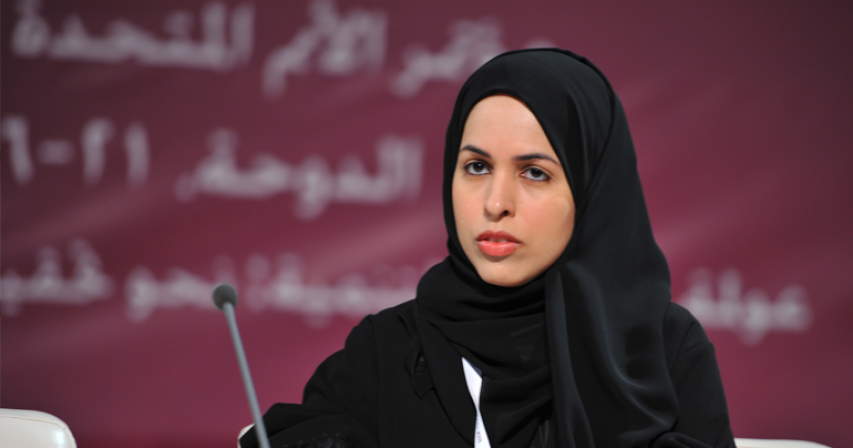The Permanent Mission of Qatar to the United Nations in New York organized a virtual event on Covid-19 and autism, as well as how technology would help the global response and rehabilitation, in collaboration with the permanent missions of Kuwait, Poland, Brazil, Bangladesh, South Korea, and Autism Speaks.
Representatives from Qatar, as well as a variety of states and international organizations, attended the forum, which focused on ways to best use technology to resolve the unequal effects of the Covid-19 pandemic on the autism population, as well as the role collaborations can play in helping families during the continuing crisis.
The pandemic, according to participants, highlighted the role of digital technology in people's lives since shutdowns and physical separation occurred in many countries around the world, leading to a reliance on the internet and other digital technologies for information, health, and education. HE the PR of Qatar to the United Nations, Ambassador Sheikha Alya Ahmed bin Saif al-Thani, spoke about Qatar's efforts in 2008, when the global community recognized a world day for autism, based on a suggestion made by Her Highness Sheikha Moza bint Nasser, Chairperson of the Qatar Foundation for Education, Science, and Community Growth, in 2007.
HE The ambassador also stated that Doha held an international conference on the role of technology in assisting people with autism on June 12, 2019, to commemorate the 12th anniversary of the Convention on the Rights of People with Disabilities, which was a prominent event on the role of technology in assisting people with autism. She lauded Qatar's accomplishments, noting the country's strong contribution to people with disabilities and the laws pick a place to protect their interests, as well as its leadership in autism studies and awareness programmes.

Comments